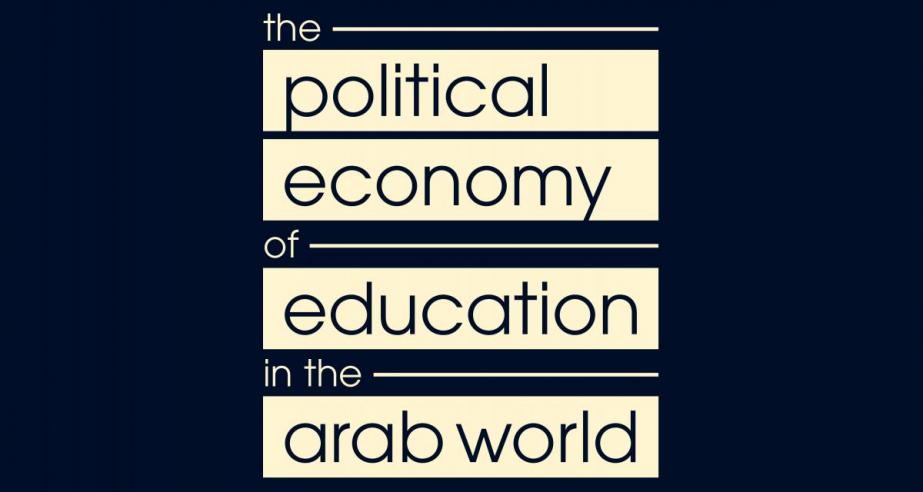The Political Economy of Education in the Arab World
Despite substantial spending on education and robust support for reform both internally and by external donors, the quality of education in many, if not most, Arab countries remains low. Which raises the question: why?
The authors of The Political Economy of Education in the Arab World find answers in the authoritarian political economies that shape the architecture of national governance across the region. Presenting studies from North Africa and the Gulf region, as well as comparative perspectives from Asia and Latin America, they show clearly that efforts to improve education—and thereby enhance economic development and broaden the base of citizenship on which more stable and effective systems of governance can be built—will fail until ruling elites stop increasing their political and economic power at the expense of the greater good.
Programme
Panel:
Robert Springborg, Nonresident Research Fellow, Istituto Affari Internazionali; Adjunct Professor, School of International Studies, Simon Fraser University
Hicham Alaoui, Research Associate, Weatherhead Center for International Affairs, Harvard University
Christopher Davidson, British Academic and Associate Fellow, Royal United Services Institute
Alisa Jones, Project Adviser, Karl Schlecht Foundation
Discussant:
Calvert Jones, Assistant Professor, Department of Government and Politics, University of Maryland - College Park
Welcome Remarks and Chair:
Silvia Colombo, Senior Fellow, Mediterranean and Middle East Programme, Istituto Affari Internazionali
Q&A
Topic
Tag
Related content
-
Publication22/04/2021
The Political Economy of Education in the Arab World
leggi tutto



